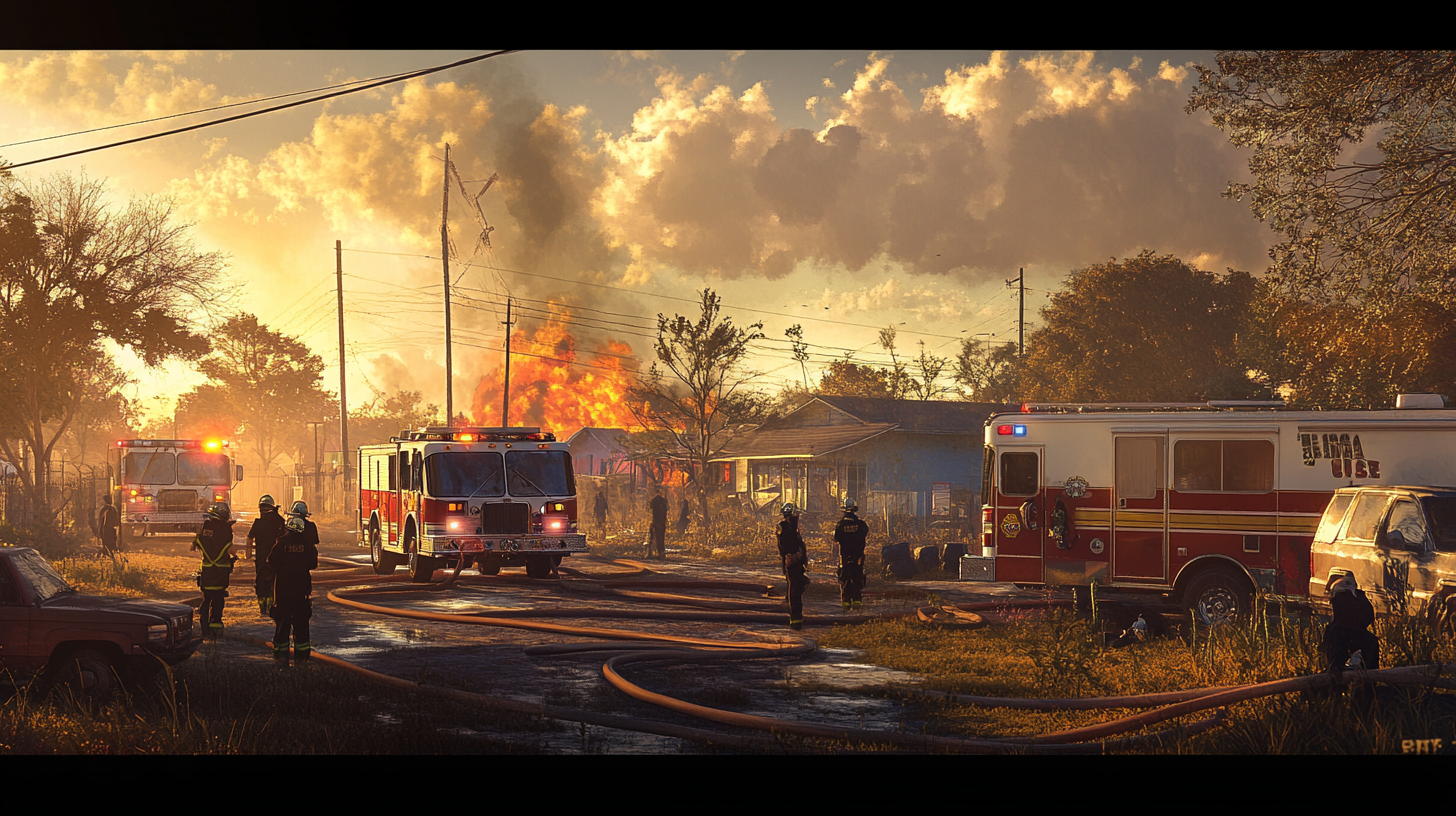Here’s the news article on the Brownsville shelter situation:
—
Brownsville Shelter Sees Decline in Migrants Following Shutdown of CBP One App
The Ozanam Center in Brownsville, a crucial shelter for migrants, has reported a significant drop in the number of migrants arriving. This change follows the recent shutdown of the CBP One app, an essential tool that previously facilitated the legal entry of many migrants into the U.S.
Impact of the CBP One App Shutdown
Prior to the app’s shutdown, the Ozanam Center housed around 180 individuals daily, primarily migrants. However, post-shutdown figures have halved to 90. This decline is a direct consequence of policy changes implemented at the onset of President Donald Trump’s administration, which have left thousands stranded with cancelled appointments.
Jorge Garcia, a migrant from Venezuela who currently resides at the Ozanam Center, recounted his journey to South Texas. His legal crossing was made possible through the CBP One app. “I don’t have a criminal record, so I’m not scared of presenting myself,” Garcia mentioned, highlighting his relief at having secured legal entry before the app’s termination. Garcia shared his harrowing experience traveling through Mexico, noting the constant threats of kidnapping and extortion.
Local Response and Adjustments
Victor Maldonado, Executive Director of the Ozanam Center, expressed his concerns over the app’s shutdown. “We were anticipating that our numbers would be coming down basically because of what this new administration stated that they were gonna shut down the border,” Maldonado explained. The center, like many across the country, is adapting to changes while remaining committed to assisting migrants by providing shelter and essential services.
The transition isn’t just isolated to shelter figures. The broader Rio Grande Valley community faces the challenge of adjusting to evolving border policies. The Valley has historically been a significant entry point for migrants, and changes to border policies can have profound impacts on local dynamics.
Community and Economic Implications
For Valley residents, the shift in migration patterns has mixed implications. Businesses that offer migrant services might see a reduction in demand, affecting local economies. Conversely, fewer arrivals may slightly ease the strain on public services and resources during challenging weather conditions, such as the recent cold snap affecting South Texas.
Additionally, the deployment of up to 1,500 active-duty troops to the U.S.-Mexico border, as announced by the Pentagon, plays into these dynamics. While their exact duties remain unspecified, their presence signals heightened security measures impacting regional migration and economic conditions.
Broader Community Reactions
The local sentiment varies, reflecting both support for stricter immigration policies and concern for those left in limbo across the border. Community leaders advocate for solutions that balance security with compassion.
Among those advocating for migrants is Jose Hernandez of the RGV Immigration Assistance Advocacy Group. “While security is paramount, we mustn’t lose sight of the human aspect. Policies should reflect our values of empathy and community support for those in dire need,” Hernandez stated.
Future Outlook for the Region
As the area continues to adapt to this new landscape, the future remains uncertain. The establishment of a temporary migrant shelter in Matamoros symbolizes attempts from across the border to accommodate those affected by the changes.
In the coming months, local officials and community organizations aim to work collaboratively to address the challenges presented by these policy shifts. This coordination is vital as the Rio Grande Valley remains at the forefront of national immigration discussions.
Resources and Support for Valley Residents
For residents seeking more information or wishing to contribute to local efforts in aiding migrants, several resources are available. The Ozanam Center welcomes volunteers and donations, offering a direct line at 956-831-6331 for support inquiries. Additionally, the RGV Immigration Assistance Advocacy Group provides avenues for community involvement and can be contacted for more details on their initiatives.
By understanding the pandemic of circumstances and navigating this new era of migration, the Rio Grande Valley stands poised to embrace these changes with resilience and a commitment to community values.
—
This article incorporates the key elements and keywords requested, focusing on the local impact and the broader context of current migration and border security policies.







